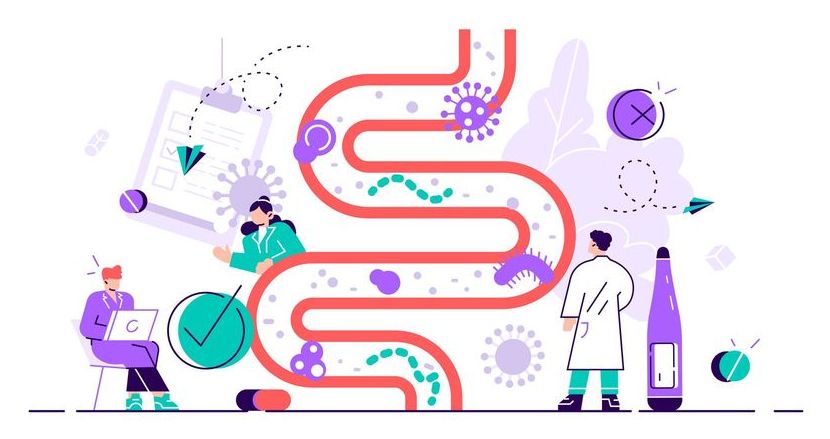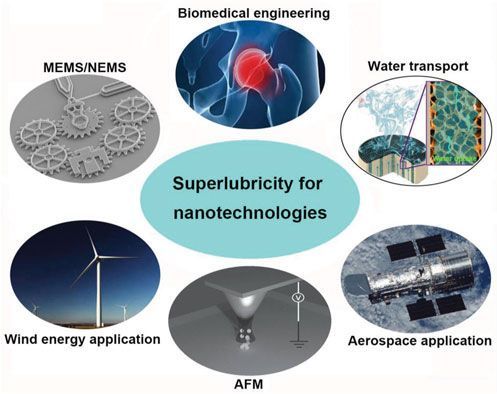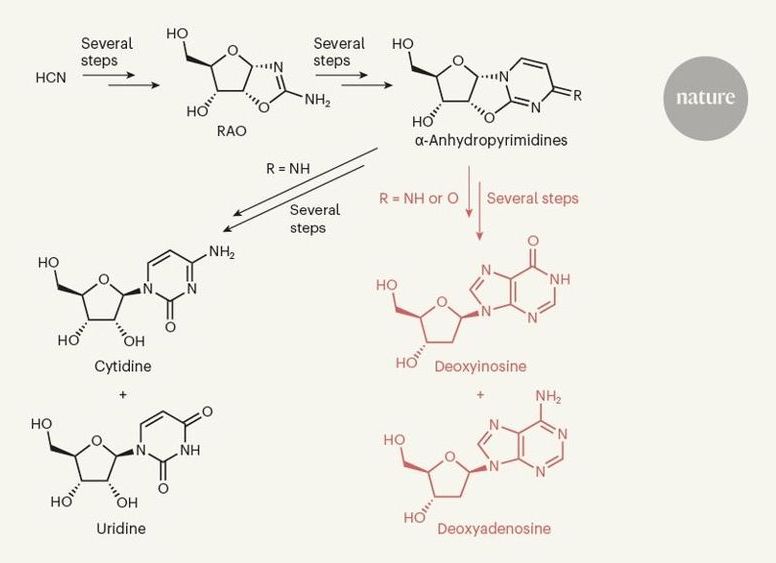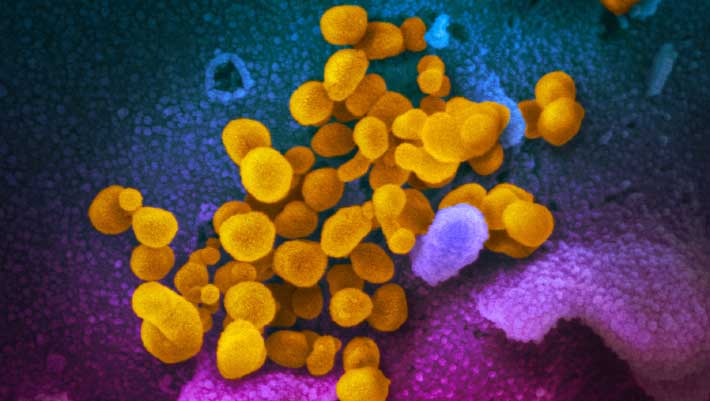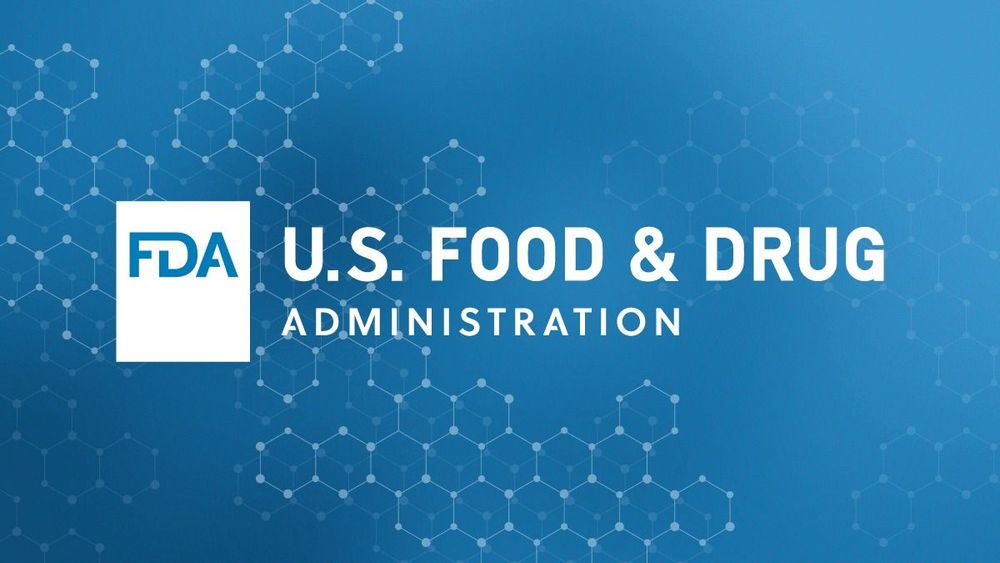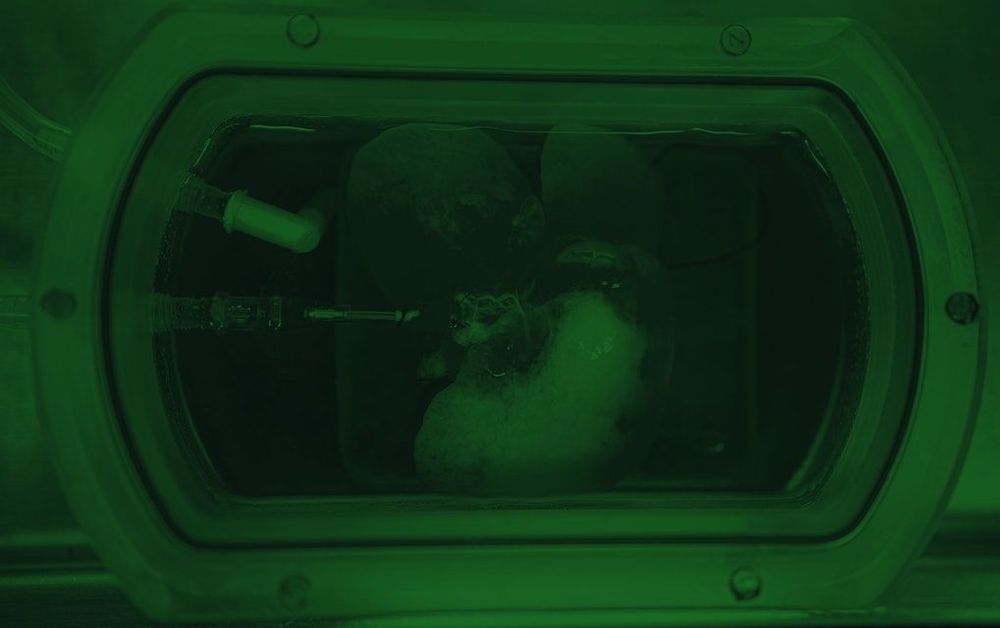An incredibly focused study, led by researchers at the University of Virginia, has demonstrated the profound influence diet and gut bacteria has on the effectiveness and toxicity of drugs used in chemotherapy. Using a roundworm as a simplified microbiome model, the study showed how just one type of bacteria can exponentially increase a drug’s toxicity and the researchers conclude the complexity of drug, diet, and bacteria interactions in humans is “astronomical.”
A review article published last year in the journal Frontiers in Microbiology effectively summarized the current evidence supporting a hypothesis suggesting the gut microbiome plays a fundamental role in determining the efficacy of cancer chemotherapy. Recent research has shown how the pharmacological effects of a given drug can be directly influenced by bacteria in the gut, mediating a drug’s toxicity and efficacy.
Although a great deal of observational connections have been made between the gut microbiome and treatment outcomes for patients with a variety of diseases, this new study set out to zoom in on the underlying molecular processes at play.
